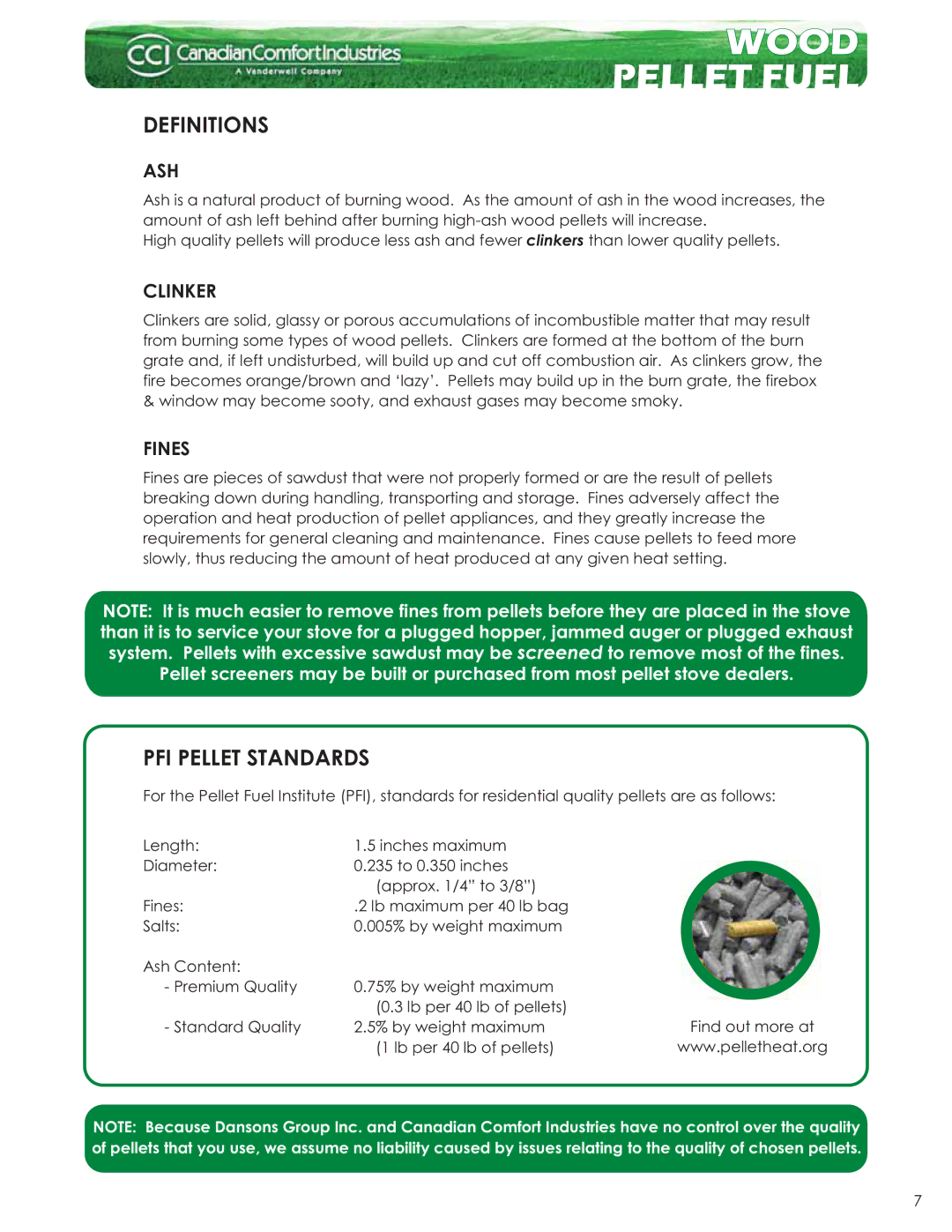CAN/CSA B365 specifications
Dansons Group is a notable entity in the outdoor living and recreational market, recognized for their commitment to enhancing the backyard experience. Among their offerings, the group stands out for their adherence to safety and regulatory standards, particularly CAN/CSA B365, which pertains to the installation and operation of outdoor decorative and heating appliances. This Canadian standard is crucial for ensuring safety, efficiency, and reliability across a range of products commonly used in outdoor spaces.One of the main features of the CAN/CSA B365 standard is the comprehensive guidelines it provides for the installation of outdoor gas-burning appliances. These guidelines encompass a wide range of products, including fire pits, patio heaters, and outdoor fireplaces. The standard outlines critical requirements for gas connections, venting, and clearances from combustible materials to mitigate fire hazards and ensure optimal performance.
The technologies incorporated into products designed under the CAN/CSA B365 standard highlight innovation in outdoor heating. Many appliances leverage advanced burner technology that allows for efficient fuel consumption, minimizing waste while maximizing heat output. This technology not only enhances safety but also contributes to environmentally friendly practices by reducing greenhouse gas emissions, aligning with the increasing consumer demand for sustainable outdoor solutions.
Another characteristic of products compliant with CAN/CSA B365 is their durability. The materials used in their construction are specifically chosen to withstand various weather conditions, including extreme temperatures, humidity, and UV exposure. This ensures that consumers receive long-lasting products that maintain their aesthetic and functional appeal over time.
In terms of installation, the standard emphasizes user-friendliness. Manufacturers are encouraged to design their products with clear instructions and compatible components, allowing for straightforward assembly and installation. This user-centric approach not only enhances consumer satisfaction but also promotes safety by ensuring that appliances are installed correctly.
In conclusion, Dansons Group's focus on the CAN/CSA B365 standard underscores their dedication to safety, efficiency, and innovation in outdoor living products. By combining cutting-edge technology with strong compliance to safety standards, they continue to lead the way in enhancing outdoor experiences while providing consumers with peace of mind in their outdoor appliances.

